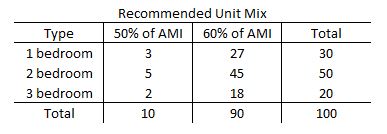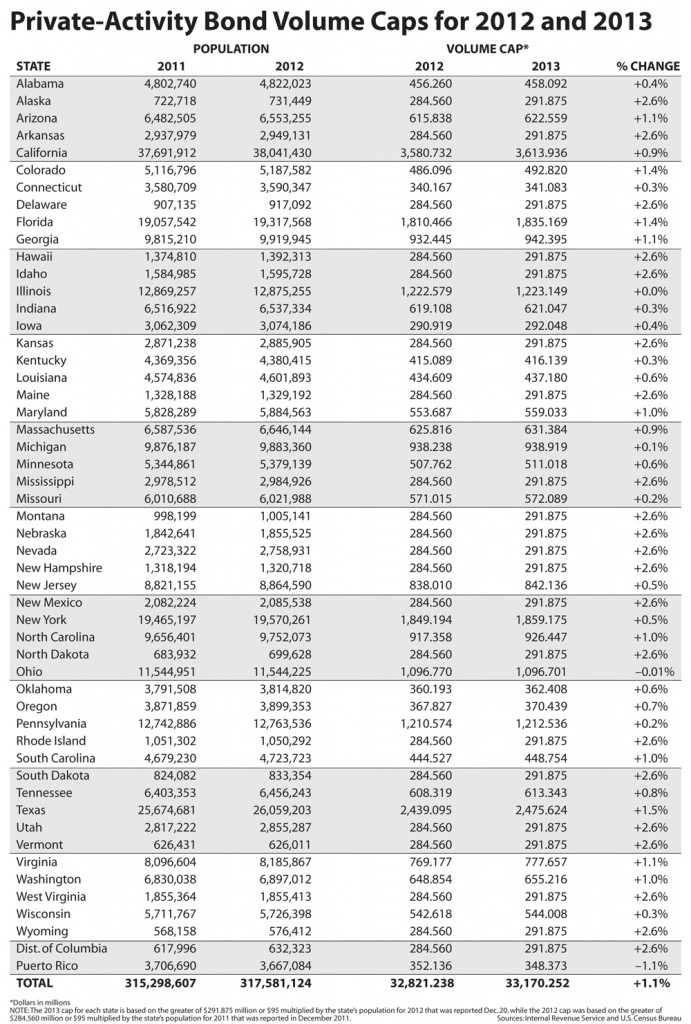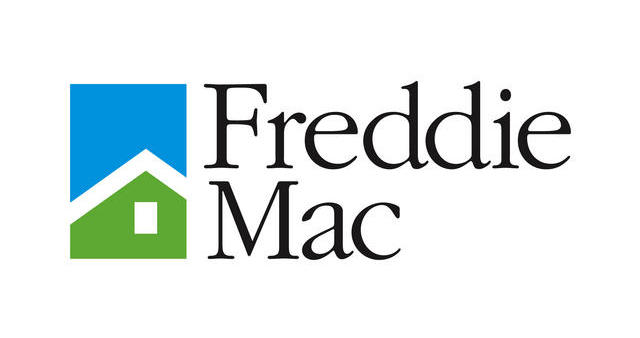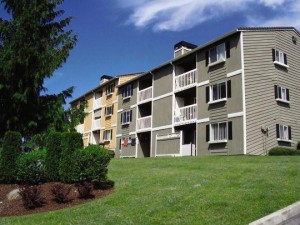HUD provides tax-exempt bond credit enhancement for the construction and rehabilitation of multifamily properties. Although HUD products are priced lower than Fannie Mae, the application process is more onerous and Davis-Bacon wage requirements apply in certain cases. Like Fannie Mae, credit enhancement applies to fixed-rate bonds only.
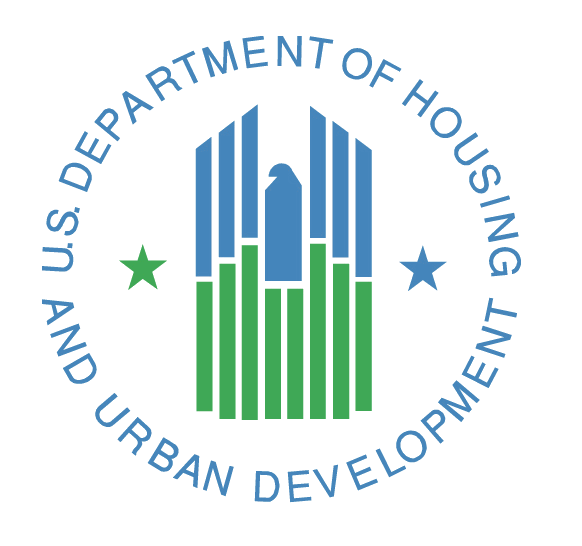
There are two HUD products for new construction and substantial rehabilitation: 221(d)(3) and 221(d)(4) financing. The 221(d)(4) program applies to for-profit owners; the 221(d)(3) program is for non-profits. Typical terms for transactions in today’s lending environment:
DCR: 1.15
Loan to Cost (Not Value): Up to 87%
Interest Rate: 3.50-3.75% (Fixed)
MIP: 0.45%
Amortization: 40 years
Maximum Loan Amount: HUD Cost Limitation
Non-Recourse: Yes
Davis Bacon Requirement: Yes
Closing Time Frame: 180 days
HUD’s 223(f) program is designed for the acquisition and moderate rehabilitation of multifamily properties. Within this program, HUD has implemented the 223(f) pilot – a product specifically designed for the moderate renovation (less than $15,000/unit) of tax credit properties. The product has also been used to credit enhance bond deals. Typical terms for transactions in today’s lending environment:
DCR: 1.176
Loan to Value (Not Cost): 85%
Interest Rate: 3.50-3.75% (Fixed)
MIP: 0.45%
Amortization: 35 years
Maximum Loan Amount: Purchase Price + Soft Costs + Developer’s Fee + Construction Overhead + $15,000/door in Rehab Costs
Non-Recourse: Yes
Davis Bacon Requirement: No
Closing Time Frame: 90 days after bond inducement
The main advantages of the 223(f) program over the 221(d)(3) and (4) programs are the faster closing time and the avoidance of Davis-Bacon wage requirements. The lower maximum loan amounts are a disadvantage, however. This is sometimes offset by the availability of tax credit equity on many 223(f) deals. These factors should be carefully considered when choosing the right program for your property.
According to HUD, its lenders have financed $8.5 billion in multifamily loans to date this year. The 10 largest HUD lenders by volume are found below:
1) Red Mortgage Capital
2) Greystone Funding Corporation
3) P/R Mortgage & Investment Corporation
4) Berkadia Commercial Mortgage
5) Wells Fargo Bank NA
6) Walker and Dunlop LLC
7) Love Funding
8) Prudential Huntoon Paige
9) Oppenheimer Multifamily Housing & Healthcare
10) Dougherty Mortgage LLC
Feel free to contact me (Jeff Carroll) at 704-905-2276 with any questions you may have regarding your bond-financed property.


